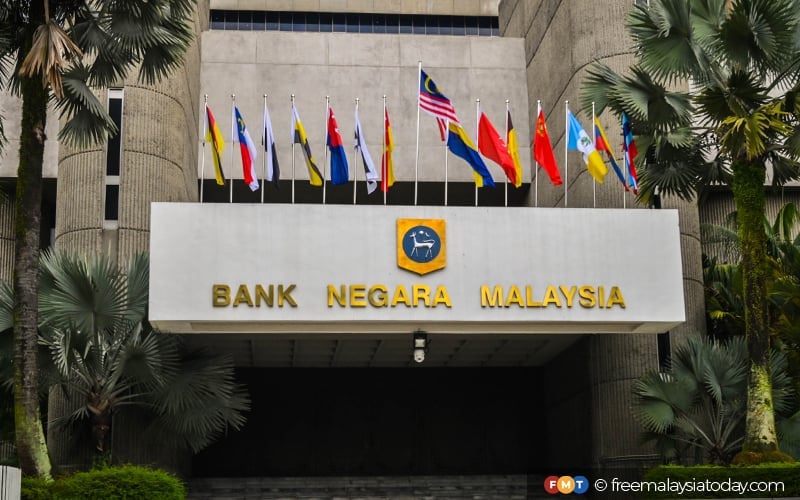
JAKARTA: Investors are betting Southeast Asia’s central banks will turn more hawkish after Bank Indonesia unexpectedly hiked its key rate last week, with the Philippines seeing the biggest impact to expectations.
The spread between the Philippine two-year bond yield and Bangko Sentral ng Pilipinas key rate widened after BI’s decision, indicating traders are anticipating a greater chance of a rate hike, according to data compiled by Bloomberg.
BSP governor Eli Remolona also flagged the possibility of an increase as soon as Thursday.
The chance of a rate hike in Malaysia, where the ringgit remains near the weakest level since 1998, has also increased, as per the data.
“Each central bank has its own playbook,” said Frances Cheung, a rates strategist at Oversea-Chinese Banking Corp. “That said, BI’s policy action precisely reflects the pressure from higher US dollar rates on the monetary decision making in Asia.”
A tighter monetary policy may be one way to support currencies that have slumped to multi-year lows this week, as it would help bridge their interest-rate gap with the US, where bets on higher-for-longer rates have pushed up yields. However, headwinds from China’s slowdown would remain as exports continue to suffer and limit the amount of dollars in those markets.
Rate hike bets are also gaining traction in Southeast Asia as other measures by the region’s central banks fail to lure foreign funds. BI sought to tighten liquidity by selling bills before its shock quarter-point hike last week, and economists are not ruling out more increases as the rupiah stays near the lowest since 2020.
Traders are also pricing a roughly one in five chance Bank Negara Malaysia will hike interest rates, which is marginally higher than expectations prior to the BI meeting, due to the political sensitivity of a weak ringgit and falling reserves, said Philip McNicholas, Asia sovereign strategist at Robeco Group in Singapore.
The case for a rate hike to defend the currency is growing in the Philippines after the nation’s forex reserves dropped to US$98.7 billion last month, the lowest since December, as authorities intervened to stop the peso from weakening past 57 per dollar. The move may also help ease rising inflation.
“If the data says inflation will go up very significantly and there’s a risk of affecting inflationary expectations, then we may go for an off-cycle hike as early as Thursday,” BSP’s Remolona said. The central bank earlier flagged risks of missing its 2%-4% inflation goal for a third year in 2024 amid food supply constraints and higher power and transport costs.
“All the central banks are likely to be watching food prices closely given the potential adverse impact of El Nino on crop production, hence they’ll likely continue to flag upside risks,” Robeco’s McNicholas said.


